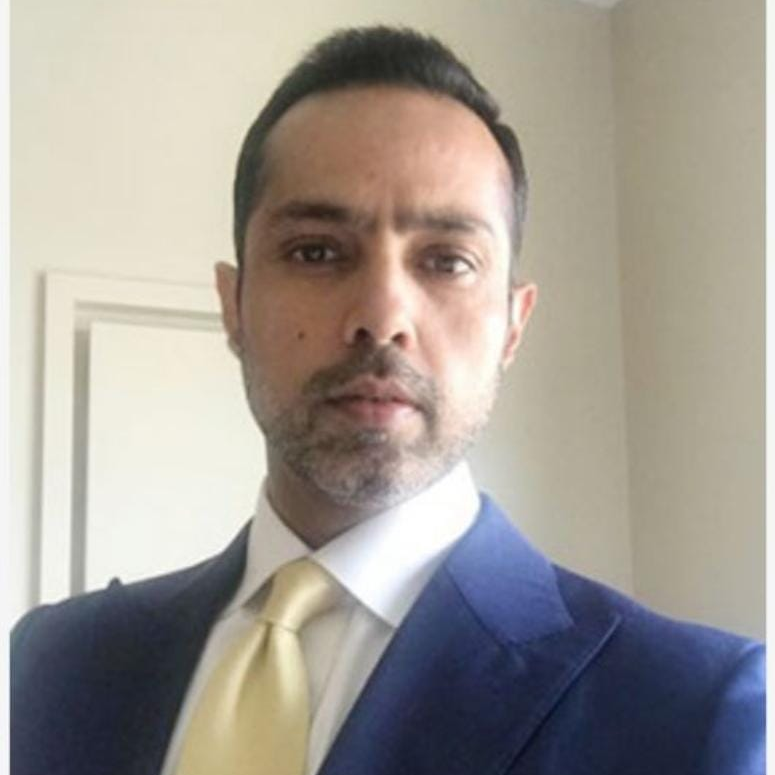
Benjamin Graham, the father of value investing, left behind a principle that has outlived him: Always insist on a margin of safety. Buy only when there is a cushion between price and true worth. That buffer is not greed; it is protection against volatility, error and unforeseen storms.
It is sound advice for investors. But it is also a philosophy for lawyers, leaders and human beings.
Law’s lesson: Building insulation into contracts
In law, the real margins of safety are built through representations and warranties, indemnities and conditions precedent and subsequent. These provisions act as guardrails, ensuring that parties disclose truthfully, compensate for misstatements and meet key obligations before or after closing.
Cure periods provide breathing space to rectify breaches before termination or penalty. Clauses like force majeure, which protects against unforeseen calamities, and material adverse change, which shields against drastic shifts in circumstances, operate as additional insulation. None of these are technicalities. They are cushions against uncertainty, recognizing that business is rarely flawless, and that life often intervenes in ways no contract can fully predict.
Life, too, demands such clauses. We all need cure periods—the time to apologize before a relationship ends, the time to recover from a failure before it defines us, the time to repair a habit before it corrodes character. Just as the law allows breaches to be rectified, our inner clauses demand forgiveness—for others and for ourselves.
Compounding: The force that builds legacy
Margins protect us, but they do not build greatness. To thrive, we need the quiet force of compounding.
Compounding is the miracle Einstein called the “Eighth Wonder of the World.” In finance, it turns modest sums into fortunes. In habits, it transforms small daily disciplines into character. In relationships, it turns repeated acts of trust into unshakable bonds.
Morgan Housel in The Psychology of Money: Timeless Lessons on Wealth, Greed, and Happiness reminds us that compounding is not confined to wealth; it is the ethos of life itself. David Bach in The Automatic Millionaire: A Powerful One-Step Plan to Live and Finish Rich makes the same point: Automate small, steady acts and the results multiply silently.
What Graham’s margin of safety is to survival, compounding is to legacy. One protects. The other builds.
The human clause: Contracts with ourselves
This is where the human clause begins. Because at the core, every margin and every compounded habit flows from the contracts we keep with ourselves.
Each morning, we draft such contracts: to rise when we would rather stay down, to honor commitments made in clarity, to stand for truth when it costs us. Kept daily, these clauses compound into resilience, strength and legacy. Broken repeatedly, they corrode us. As in law, repeated breaches erode trust. As in life, they erode themselves.
Faith is the relief clause in this human contract. It reassures us when reason fails, allowing us to risk and to leap. Instinct is the killer clause, the fire that urges boldness. Endurance is the long clause, the patience to keep compounding when results are invisible.
But the human clause is also about staying human. In law, in business, in life, we cannot trade empathy for advantage or lose our values in the pursuit of value. To build wealth while abandoning ethics is to breach the most binding contract of all. Being humane is not optional—it is the clause that makes every legacy worth leaving.
The inner GPS: Staying on course
Think of it as an inbuilt GPS. In an age guided by satellites, we forget the compass within. This GPS is always signaling. It warns us when we are veering, off course, when we have taken a wrong turn, when we are breaching our own clause. As long as we remain tuned in, the journey holds. Lose the signal, and we drift. Intelligence falters, ambition misfires and, eventually, outer law must step in where inner law failed.
The paradox is delicate but clear: Written law is necessary, but it grew from promises between people. And those promises grew from the primal covenant each of us makes with our own conscience.
In wealth, in law, in life
Margins give us safety. Cure clauses give us resilience. Compounding gives us growth. The human clause ties them together, reminding us of that safety without boldness is stagnation, and boldness without safety is recklessness. It is in the balance that we not only endure but build.
In building wealth and legacies, in law, in life, survival is written in the margins, greatness is built by compounding, and meaning lies in the contracts we honor with ourselves.
Siddhartha Kumar is a senior partner at Dua Associates, a pan-India law firm, where he advises on corporate law and cross-border mergers and acquisitions. With over two decades of practice, Kumar is also a writer and a thinker whose work bridges law, business and society.
ABAJournal.com is accepting queries for original, thoughtful, nonpromotional articles and commentary by unpaid contributors to run in the Your Voice section. Details and submission guidelines are posted at “Your Submissions, Your Voice.”

